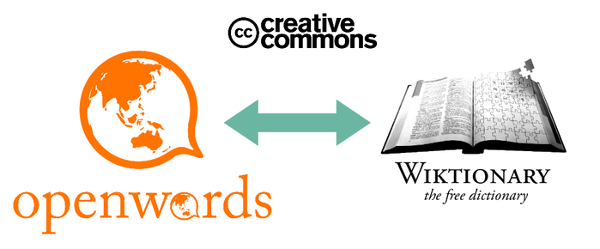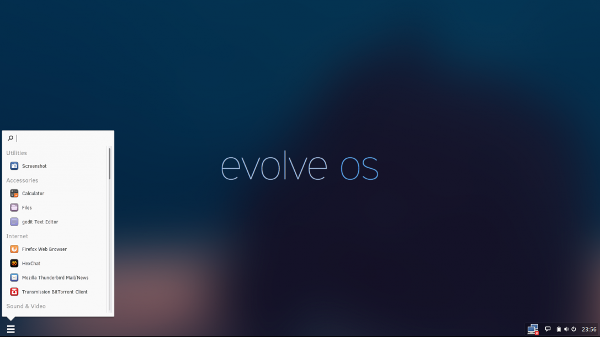Openwords on Kickstarter
Openwords, the foreign language learning app for the world’s open language data the world’s under-served languages, which was reported on some weeks ago by this blog (posts passim), recently launched a crowdfunding campaign on Kickstarter.
At the time of writing the Kickstarter campaign has 16 days to go and aims to raise $10,000 to take the project to the next stage.
Foreign language learning with open data
There are millions of people around the world who can’t learn the languages in which they’re interested.
While the learning of major languages like Chinese, Spanish and French are supported by large companies, these firms tend to ignore lesser-known languages.
Openwords is doing things differently to solve this problem. Openwords is mining data from the public domain assets like the Wiktionary to provide educational content for all the languages, large and small.

So far Openwords has mined data for 1,000 languages.
The Openwords app has various learning modules for vocabulary, hearing, typing, amongst others. In addition, the Openwords developers are working on simple sentence translation problems. Furthermore, learners have control over the content they want to learn.

Finally, Openwords will be an open source project.
The aim of the Kickstarter campaign is to raise $10,000, which will be enough to develop a beta model of the Openwords app.
 Yesterday
Yesterday  On Friday 24th April 2015, the
On Friday 24th April 2015, the  In addition, both universities have also signed licences with MultiRáció of Budapest for the deployment and support of 34,000 copies of
In addition, both universities have also signed licences with MultiRáció of Budapest for the deployment and support of 34,000 copies of 




